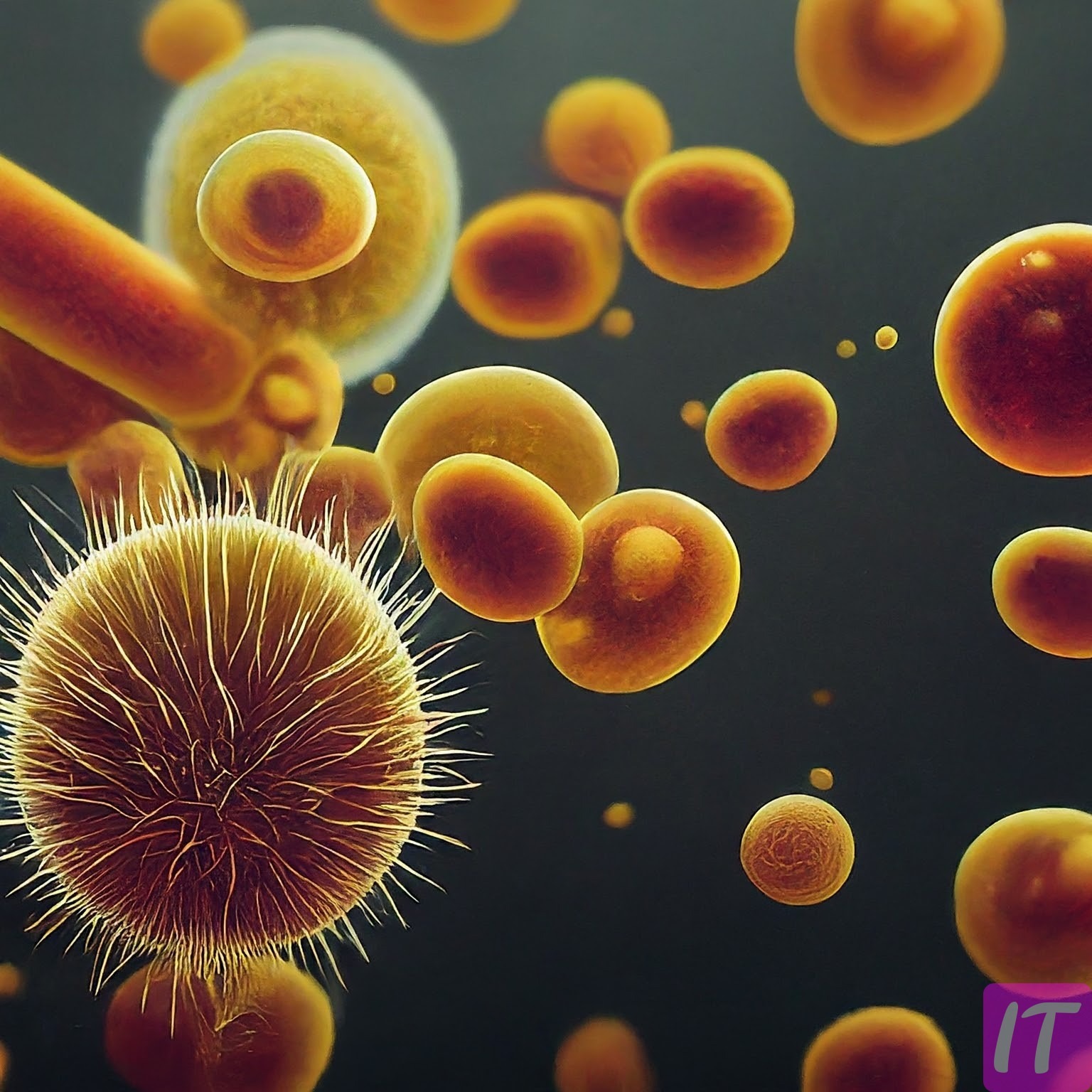Water, often dubbed the “elixir of life,” is an essential component for human survival. Our bodies are composed of approximately 60% water, making it the most abundant substance within us. From regulating body temperature to transporting nutrients, water plays a crucial role in numerous physiological processes that sustain life. In this article, we delve into the reasons why water is indispensable for human existence and explore the consequences of dehydration.
The Importance of Water in the Human Body
1. Temperature Regulation Water acts as a natural thermostat for our bodies. When we get too hot, our bodies sweat, which evaporates and cools us down. This process, known as thermoregulation, is vital for maintaining a stable internal body temperature, preventing overheating, and ensuring optimal functioning of organs and enzymes.
2. Nutrient and Oxygen Transport Water acts as a solvent, dissolving essential nutrients from food and transporting them throughout the body via the bloodstream. It also carries oxygen to our cells, enabling them to produce energy through cellular respiration. Without water, our bodies would be unable to absorb vital nutrients or generate energy, leading to organ failure and death.
3. Waste Removal Water plays a key role in the removal of waste products from the body. It helps to flush out toxins through urine and sweat, protecting our organs from damage and preventing the buildup of harmful substances. Additionally, water lubricates our joints, protecting them from friction and wear and tear.
4. Digestion and Metabolism Water is essential for the digestion of food. It aids in the breakdown of nutrients, making them easier to absorb. It also facilitates the movement of food through the digestive tract, preventing constipation and promoting regular bowel movements. Furthermore, water is involved in various metabolic reactions that sustain life, including the production of energy and the synthesis of proteins.
5. Cognitive Function and Mood Dehydration can significantly impair cognitive function, leading to difficulty concentrating, memory problems, and decreased alertness. It can also affect mood, causing irritability, fatigue, and even anxiety. Studies have shown that even mild dehydration can negatively impact cognitive performance and emotional well-being.
The Consequences of Dehydration
Dehydration occurs when the body loses more fluids than it takes in. It can range from mild to severe and can be caused by a variety of factors, including insufficient water intake, excessive sweating, vomiting, diarrhea, and certain medical conditions. The symptoms of dehydration can include thirst, dry mouth, fatigue, dizziness, headache, dark urine, and decreased urine output.
In severe cases, dehydration can lead to heatstroke, seizures, kidney failure, and even death. Therefore, it is crucial to stay hydrated by drinking adequate amounts of water throughout the day, especially during hot weather or physical activity.

How Much Water Do We Need?
The amount of water we need to drink varies depending on individual factors such as age, sex, activity level, climate, and overall health. However, a general guideline is to drink at least eight 8-ounce glasses of water per day. This amount can be increased during hot weather, exercise, or illness.
Water and Overall Health
Staying hydrated has numerous benefits for our overall health. It can help to improve skin complexion, boost energy levels, aid in weight loss, and reduce the risk of kidney stones, urinary tract infections, and constipation. Drinking water before meals can also help to promote feelings of fullness and prevent overeating.
Conclusion
Water is not merely a beverage; it is an essential component of life. From regulating body temperature to facilitating vital physiological processes, water plays a crucial role in maintaining our health and well-being. By staying hydrated, we can ensure that our bodies function optimally, prevent dehydration, and enjoy a better quality of life.







